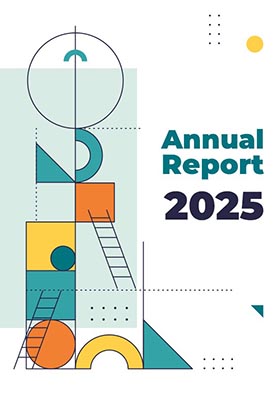On ( July, 2019) , (Dr. Husain Alsamamra) published a new study in (International journal of sustainable and green energy) titled (An overview of green building potentials in Palestine). The articleaimed to (The main objective of this work is to provide a review of the green building sector in Palestine in terms of research issued, governmental and non-governmental bodies concerned with the development of this field, in addition to the most important projects implemented as green building in Palestine, and finally discussing the most important obstacles hindering the adoption of green building as a long-term sustainable development strategy. Our). The results of this study demonstrated that (This work presented a long review of the green building sector in Palestine in terms of the research carried out in this field, the projects that were implemented, the institutions that were interested in developing this sector, in addition to the most important achievements. Let us agree that there is a keen interest from the government, the Engineers Syndicate, the Ministry of Local Government and the Supreme Council for Green Building, in the sense of the sustainability of the buildings in Palestine and that there is full awareness among these parties that the green building combined with the abundance of clean energy sources in Palestine is a big step towards the independence of the energy sector. But If we ask the following question: What percentage of housing units established in 2017 in the West Bank and Gaza Strip according to green construction standards and specifications? The ratio is very marginal, almost zero, although the risk inherent in financing the green building market is marginal, given the expected future savings. In recent decades, tens of thousands of buildings have been built in the West Bank and Gaza Strip, without taking into consideration the specifications of green building and thermal insulation. Many people avoid providing quality environmental insulation in buildings, claiming to be costly. Palestinian, we can say that the culture of construction is characterized by excessive waste; buildings and apartments are adopted in a completely inefficient way. The Palestinian construction sector is very conservative and it is difficult to introduce new technologies that have gained momentum all over the world. The Palestinian Authority areas lag behind many others. It is common for the world to bridge the gap between relatively high initial investment in sustainable construction on the one hand and future financial savings and benefits on the other, through the use of various financial instruments provided by public and private sector financing. These include facilities and financial exemptions, loans for government bailouts and improved green leases, as part of government plans, as well as "green" loans for the renovation of properties and houses granted by commercial banks during the buying and selling process. The question is: Why do not attractive financial instruments that are applicable to green building encourage us to change this reality? First, it must be agreed that green construction involves not only financial savings and environmental service; its advantage is that it requires more serious planning and stronger cooperation among all those involved in the construction process. As green architecture is voluntary and non-binding, economic incentives including tax cuts on green goods, subsidies and soft loans for green building, support for energy-saving systems, and the private sector initiative to provide incentives such as green building insurance, and to give preference in housing loans to green buildings. In short, the first step towards a sustainable and independent future in Palestine is the laws and legislation that are binding on the conditions of sustainability in buildings, in addition to activating financial instruments that stimulate the private sector to invest in green building, in addition to raising public awareness of the economic and health benefits of the Palestinian people. The current situation will not be overnight in Palestine, but there is always a first step in the march of a thousand miles.).
For more information about the study, please contact the main author at (This email address is being protected from spambots. You need JavaScript enabled to view it.) or the scientific research office at This email address is being protected from spambots. You need JavaScript enabled to view it.)


